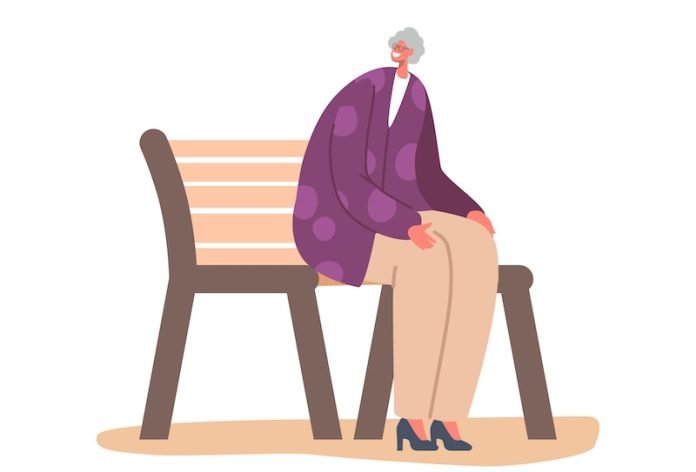
As we age, it’s a common belief that losing muscle strength is just an inevitable part of growing older.
Yet, recent research from Ohio University is challenging this assumption, offering a fresh perspective that suggests our brains and nerves might be the key players in this phenomenon, rather than our muscles deteriorating.
Led by Brian Clark, a team of researchers conducted an intriguing experiment with 66 older adults, all in their 70s. They tested how strong these individuals were, focusing specifically on the muscles used to straighten the leg. Participants were asked to push against resistance as hard as they could.
Following this initial test, the researchers applied electrical stimulation to the muscles that had been exerted.
If the muscles were able to push harder after this stimulation, it indicated that the issue wasn’t the muscle itself, but rather how the brain and nerves communicated with the muscle to initiate movement.
The findings were quite revealing. Participants who initially displayed weaker strength experienced a notable improvement in muscle strength after the electrical stimulation.
Remarkably, those who were the weakest saw their muscle strength increase by 14.2%—double the improvement observed in those who were already stronger.
This evidence suggests that the decline in muscle strength often attributed to aging might actually be due to the brain and nerves functioning less effectively, rather than a direct degradation of muscle tissue.
These insights could revolutionize how we approach muscle weakness in the elderly. While physical activity remains essential, this study underscores the importance of also maintaining a healthy nervous system.
Exercises that involve balance, which require both muscle strength and nerve communication, could be particularly beneficial.
Future treatment methods might involve direct stimulation of nerves to help older adults maintain strength and independence for longer.
As understanding evolves, we anticipate new exercise regimens and treatments targeting not just the muscles but also the nervous pathways that control them.
Currently, staying active is the best strategy for preserving muscle strength. However, with ongoing research like Brian Clark’s, which has been published in JAMA Network Open, we might soon see innovative approaches that enhance the way our nerves and brain communicate with our muscles.
This shift in focus from muscle to nervous system not only provides a new perspective on aging and muscle weakness but also opens the door to potential treatments that could significantly improve the quality of life for many aging individuals.
If you care about muscle, please read studies about factors that can cause muscle weakness in older people, and scientists find a way to reverse high blood sugar and muscle loss.
For more information about health, please see recent studies about an easy, cheap way to maintain muscles, and results showing these vegetables essential for your muscle strength.
Copyright © 2024 Knowridge Science Report. All rights reserved.



